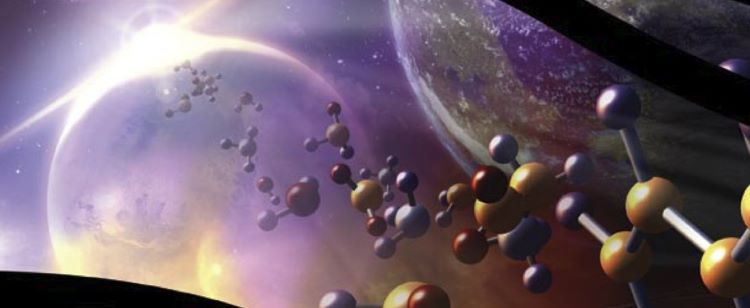Universe Today has proudly examined the importance of studying impact craters, planetary surfaces, and exoplanets, and what they can teach scientists and the public about finding life beyond Earth. Impact craters both shape these planetary surfaces and hold the power to create or destroy life, and we learned how exoplanets are changing our views of planetary formation and evolution, including how and where we might find life in the cosmos. Here, we will discuss how these disciplines contribute to the field responsible for finding life beyond Earth, known as astrobiology. We will discuss why scientists study astrobiology, also known as astrobiologists, challenges of studying astrobiology, and how students can pursue studying astrobiology, as well. So, why is it so important to study astrobiology?
Dr. Manasvi Lingam, who is an astrobiologist and assistant professor in the Department of Aerospace, Physics and Space Sciences at the Florida Institute of Technology, tells Universe Today, “Astrobiology deals with some of the deepest questions that have fascinated humankind for millennia: Where did we come from? Are we alone? Where are we going?”
The unofficial definition of astrobiology is “the study of life in the universe”. While this is often interpreted as life beyond Earth, it actually includes Earth. Previously, we learned how planetary geologists use Earth as an analog for studying planetary surfaces on other worlds, and astrobiologists also use Earth—which is the only planet known to have life—as an analog for trying to find life on other worlds, as well. They examine the myriad of processes that take place for life to both exist, survive, and thrive on our small, blue world, and ask whether these same processes could be responsible for life existing on other worlds, not just in our solar system, but throughout the universe. Therefore, what are some of the challenges of studying astrobiology?
“Astrobiology is an inherently multidisciplinary and transdisciplinary subject,” Dr. Lingam tells Universe Today. “Hence, it requires acquiring a considerable base of knowledge, and then synthesizing that knowledge in a meaningful fashion.”
What makes the field of astrobiology unique is that it involves a myriad of scientific disciplines and backgrounds. These disciplines include astronomy, astrophysics, biology, chemistry, computer science, geology, physics, and planetary science, who use fieldwork, laboratory studies, and computer models and come together with the common goal of both better understanding life on Earth and how we can find it beyond Earth, as well. A specific aspect of astrobiology that has taken root in the last few years is the study of extremophiles, which is life that can both survive and thrive in environments too extreme for both humans and most of life on the Earth. These extremophiles have been found to live in extreme heat, cold, salinity (salt), and pressure environments. But what has been the most exciting aspect of astrobiology that Dr. Lingam has studied throughout his career?
“I have enjoyed all areas of astrobiology that I have worked on,” Dr. Lingam tells Universe Today. “Some recent highlights include: (1) understanding how information sensing and transmission in varied environments may have shaped the origin and evolution of life; (2) formulating novel detectable signatures of extraterrestrial technology and intelligence (i.e., technosignatures); (3) investigating how high-energy astrophysical processes (e.g., supernovae) can sterilize large portions of galaxies; (4) modeling the lifetimes of technospheres on habitable worlds.”
While present technological constraints currently limit our direct search for life beyond Earth to our solar system, there are several planetary bodies that are targets for astrobiologists, including the planets Venus and Mars, along with Jupiter’s icy moon, Europa, and Saturn’s largest moon, Titan. Beyond the solar system, the study of exoplanets continues to shape our understanding of the formation and evolution of planets and their atmospheres, some of which exhibit characteristics that vary greatly from what we see in our solar system.
Regarding what advice Dr. Lingam can offer upcoming students who wish to pursue studying astrobiology, he tells Universe Today, “I would advise students to specialize in one particular area (physics in my case) — as it will be the core field through which they interface with astrobiology — while also acquiring a broad knowledge base in fields like chemistry, astronomy, biology, geology, and planetary science.”
Several academic institutions in the United States offer both undergraduate and graduate programs for astrobiology, including Arizona State University, Florida Institute of Technology, Penn State University, and University of Washington. However, it might be safe to assume that any scientific degree of choice could lead to a career in astrobiology, which includes research, academia, and science communication.
Dr. Lingam concludes by telling Universe Today, “Carl Sagan wrote of astronomy: ‘It has been said that astronomy is a humbling and character-building experience.’ This beautiful statement is even more applicable to astrobiology, which grapples with the grand theme of understanding and making sense of our place in the grand cosmic scheme of things.”
How will astrobiology help us better understand our place in the universe in the coming years and decades? Only time will tell, and this is why we science!
As always, keep doing science & keep looking up!

